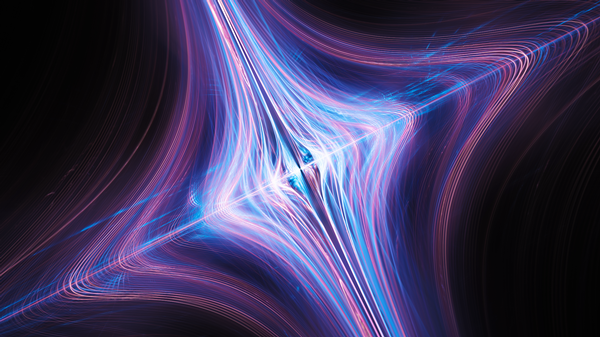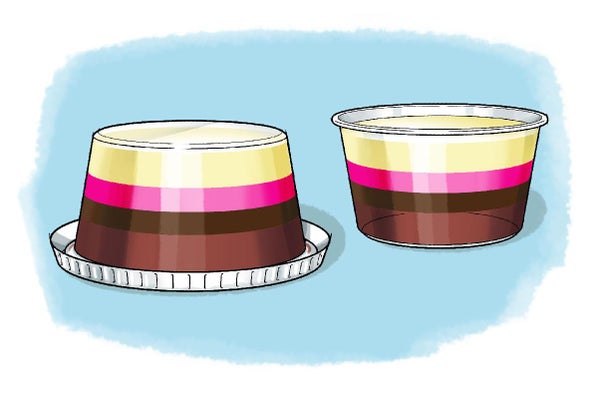 |
| July 29, 2022 |
 |
| |
| |
| |
| |
| |
| |
| |
| |
| |
| |
| |
| |
FROM THE STORE
 | | Extraterrestrials and the Search for Life Do aliens exist? The enduring mystery of whether we're alone in the universe is a question that continues to drive scientific study into groundbreaking directions. This collection examines the latest thinking in the search for life, from discussing why we haven't found evidence of aliens so far to determining where and how to conduct the search to opening up the possibilities for what otherworldly life could truly look like. |  | | |
BRING SCIENCE HOME
 | | Stacking Liquids |  You can stack books and stack blocks, but did you know you can also stack liquids? See if you can build your own liquid rainbow--in a single cup! | You probably know that when solid objects are placed in liquid, they can sink or float. But did you know that liquids can also sink or float? In fact, it is possible to stack different layers of liquids on top of one another. The key is that all the different layers must have different densities. You can stack them by picking several liquids with a range of densities or by varying the density of one liquid by adding chemicals such as sugar or salt to it. If you choose colored liquids or add food coloring to each layer, you can even create a whole rainbow of colors in one single glass! Want to see for yourself? In this science activity you will stack several liquids—one by one—and create a colorful density column! | |  | |
LATEST ISSUES
 |
| |
| Questions? Comments?  | |
| Download the Scientific American App |
| |
| |




